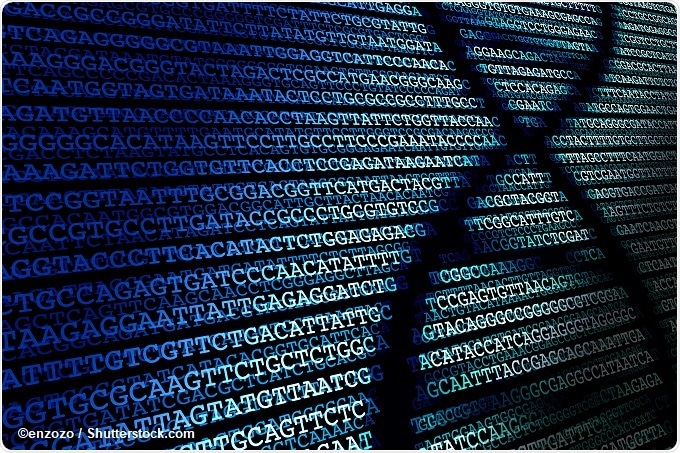
Scientists build DNA from scratch using yeast
Researchers are rewriting the yeast genome from scratch as part of a controversial project aiming to create custom-made chunks of DNA codes.
One goal of the project is to create codes that can be inserted into cells to alter their function or even improve drug development. For example, mammalian cells or microbes could be created that are better at pumping out medications or new vaccines.

Recreating the yeast genome is a mammoth task. New York University researcher Jef Boeke is heading a team of scientists from 11 labs across four continents who are dividing up the work to rewrite the chain of 12 million nucleobases (A, C, G and T). This will involve the addition, deletion or alteration of more than a million nucleobases.
Rewritten DNA has already been incorporated into viruses and bacteria. Australian researchers have recently constructed the Zika virus genome in the hope of better understanding potential treatments and at Harvard University, scientists are trying to create a harmless salmonella strain that could be used as a vaccine against salmonella food poisoning.
Although yeast has a larger and more complex genome than the microbes investigated so far, researchers understand the yeast genome well and they know it will exchange man-made DNA for its own. So far, Boeke and colleagues have built about one-third of the genome, which they hope will be completed by the end of the year.
However, the idea of redesigning DNA is disconcerting to some people who are concerned about making microbes with properties that cannot necessarily be fully understood. Lauries Zoloth of Northwestern University also points out how disturbing such research is to people who worry that reconstructing life from scratch would put humans in a position of unwarranted power. Such projects are not just about science, she says: "It is an ethical and moral and theological proposal of significant proportions."
Last year, Boeke and colleagues also announced the launch of a separate project called Genome Project-write, which is aimed at reducing the cost of constructing and testing large genomes, including human ones. The research still requires funding, but in the meantime, project leaders are discussing the ethical, legal and social aspects involved in the sensitive issue of reconstructing the human genome.
"The notion that we could actually write a human genome is simultaneously thrilling to some and not so thrilling to others," Boeke said. "So we recognize this is going to take a lot of discussion."






















.png)












No hay comentarios:
Publicar un comentario